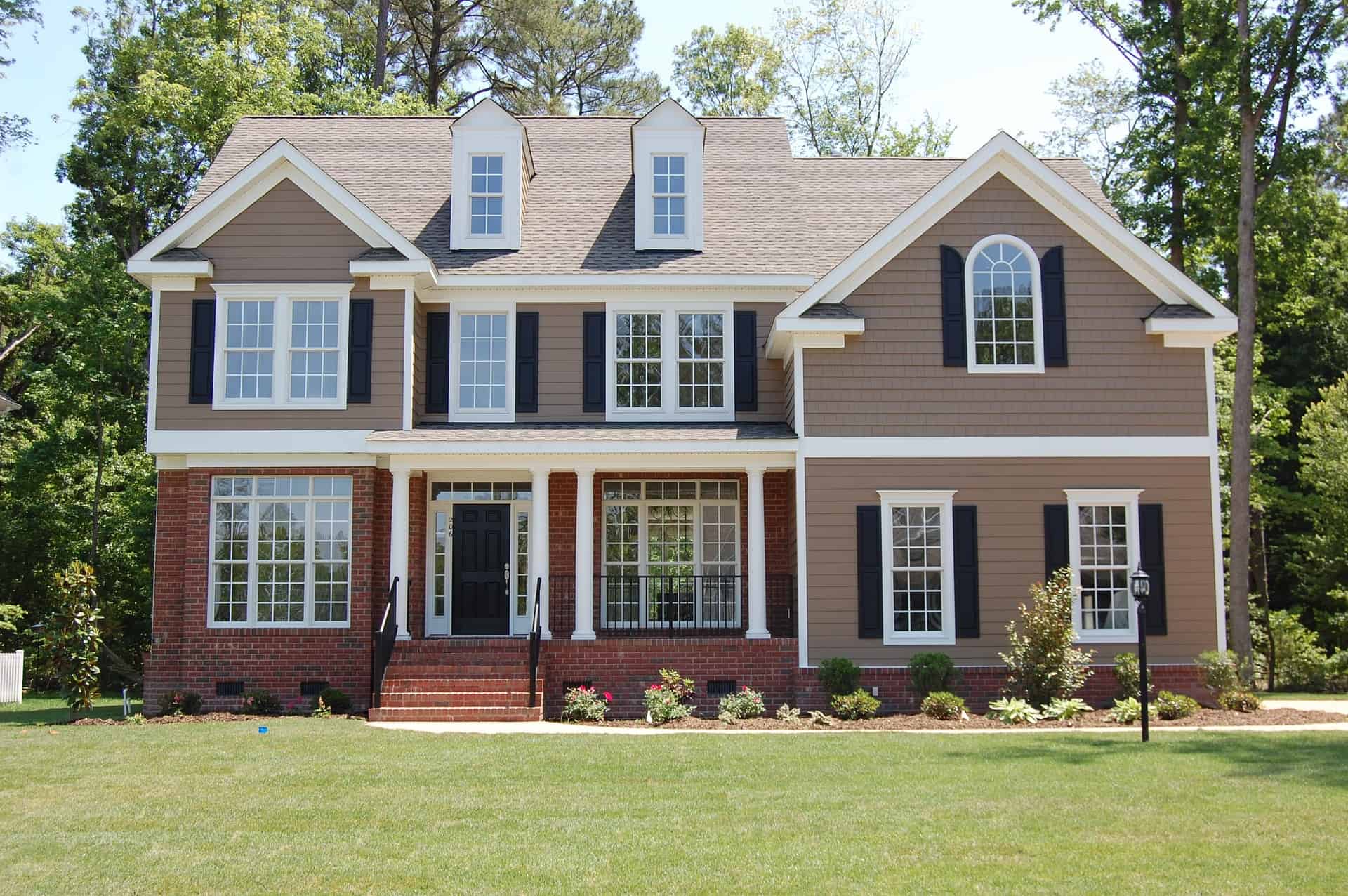To make Wealthtender free for readers, we earn money from advertisers, including financial professionals and firms that pay to be featured. This creates a conflict of interest when we favor their promotion over others. Read our editorial policy and terms of service to learn more. Wealthtender is not a client of these financial services providers.
➡️ Find a Local Advisor | 🎯 Find a Specialist Advisor

You’ll hear homeowners proclaim this all the time. ‘My home is my biggest asset.’ But is it true? Are they even looking at the concept of an asset correctly? In very simple terms an asset is something you own and a liability is something you owe, which means, unless your house is paid off in full, it is at least part liability, and only part asset. However things are a lot more complicated than that.
Asset or liability?
If you’re drawing up a list of assets and liabilities the equity you own in your home would go in the asset column and the money you owe on your mortgage in the liability column. But that raises immediate questions. How would you actually liquidate that equity? As a wise man I know is fond of saying, “You can’t sell a bedroom”, so accessing the equity in your house is far from straightforward. You can either sell the whole house, or release equity by re-financing, which means you now have the asset of the cash released, but a larger liability in the form of a bigger mortgage.
Add to this the fact that it takes a long time to build substantial equity in a property. Most mortgages will have the interest loaded on in the early years. So you may feel like you’ve put a lot towards your mortgage, but you’ve probably been mainly paying interest. Sadly, if you were to draw up that asset list right now, you might find you had very little to put in the asset column, unless you’ve been paying that mortgage a fairly long time.
And shouldn’t an asset make you money?
Ideally, assets should indeed generate income. Not just when they’re sold, but on a daily basis. Occasionally this is the case with your home, if you’re renting out a bedroom, for example. The vast majority of family homes, however, cost money. They don’t generate it. It’s been estimated they cost around 5% of their current value, in maintenance, tax, and capital. Now your ‘biggest asset’ is looking like even more of a liability.
Does this mean I shouldn’t own a home?
Not necessarily, but it certainly means you should consider your options. Your home is an investment, but it’s not an easily realisable or income generating asset. Home ownership may be the right move for you, but it depends on your circumstances. One thing rarely discussed in the rent vs buy debate is opportunity cost. If you have enough money for a healthy down payment on a home, that’s great. But there are other investments you could put that cash towards that will pay off sooner and maybe better. And while property is historically a sound investment, it doesn’t always work for everyone. Ask anyone who’s been forced to sell in a down market and left with negative equity.
Are there better investments than home ownership?
Yes, there are, though they’re often higher risk. Property, in the right location, is generally a solid, low-risk investment. It can also be surprisingly low return, which is something it’s hard for my generation to believe. As a member of generation X, I’ve made good money on property in the past, as have many of my peers. That’s probably because, between 1990 and 2006, the property market boomed, and housing returns rivalled stock market returns. However, according to Investopedia, that’s the only time period that has happened, throughout the 20thcentury and into the 21st.
For most of recent history, the stock market has performed much better than the housing market, despite booms and busts. Savvy stock investors who really know what they’re doing have seen impressive long-term returns. Much higher than the average homeowner relying purely on an increase in value of the property he or she lives in.
So do I buy a home, or not?
That depends on a lot of factors. Home ownership is still a big goal for many people, and, if you have your finances in order, it can definitely be a sound decision. Just learn to look at home ownership for what it is. A home is an expense, primarily, and quite a big one. Yes, it can also be a solid investment, but it’s simply not, for most new homeowners and mortgage payers, a major asset.

Karen Banes
I’m a freelance writer specializing in online business, personal finance, travel and lifestyle. I also work as a content creator for hire, helping brands and businesses tell their stories, grow their audiences, and reach their ideal customers. I’ve lived, worked and studied in six countries, across three continents. Stop by my blog TheSavvySolopreneur.net to learn how to run your own (very) small business on your own terms. You can also connect with me at my website KarenBanes.com or follow me on Medium.com.
To make Wealthtender free for readers, we earn money from advertisers, including financial professionals and firms that pay to be featured. This creates a conflict of interest when we favor their promotion over others. Read our editorial policy and terms of service to learn more. Wealthtender is not a client of these financial services providers.
➡️ Find a Local Advisor | 🎯 Find a Specialist Advisor
